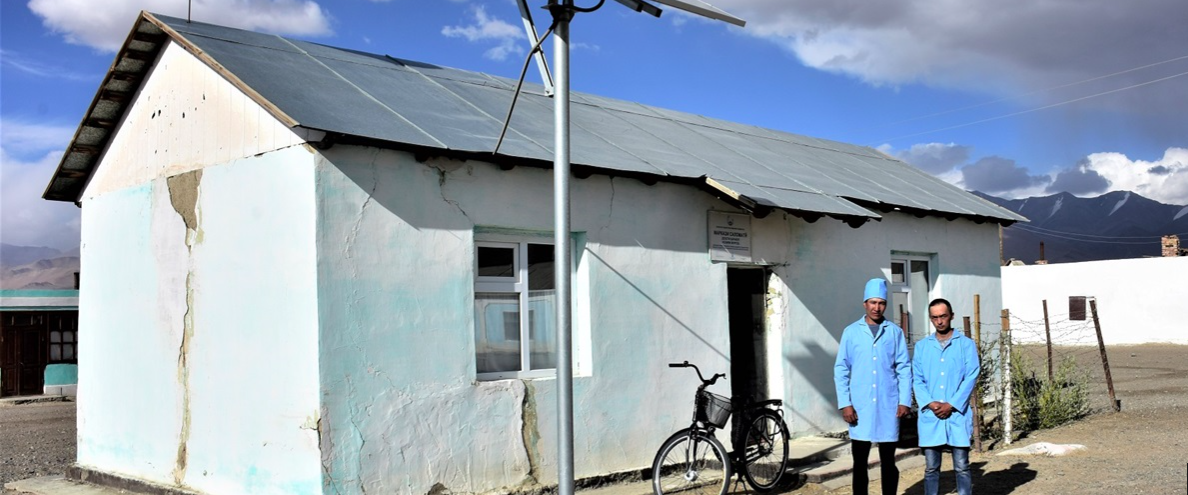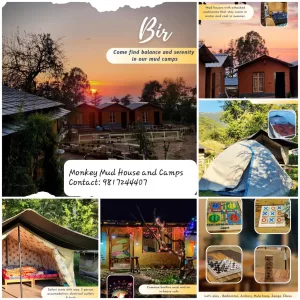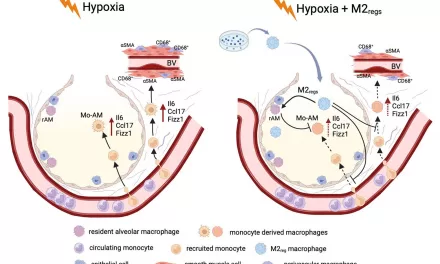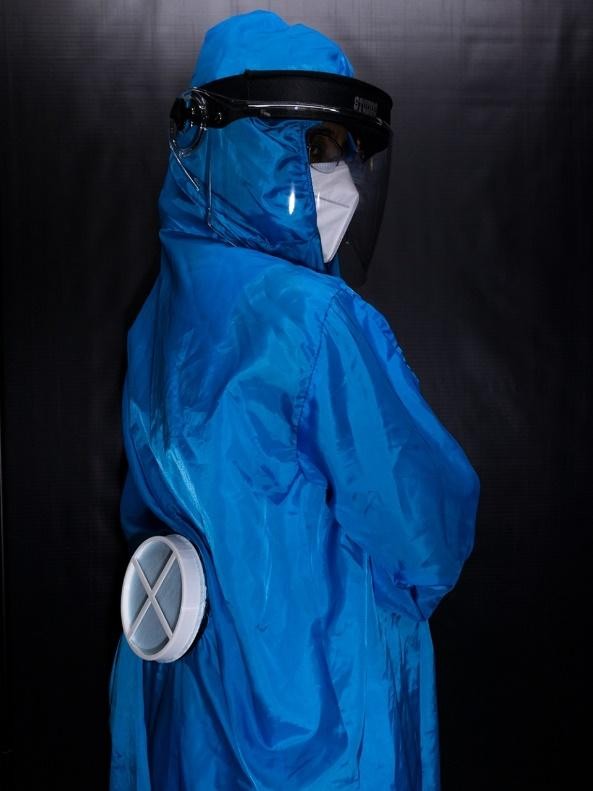
WHO 11 Sep 2023
Inhabitants of the Murghab plateau in eastern Tajikistan face a reality of remoteness, harsh weather, poor roads, and isolation. With temperatures plummeting to -45°C in winter (and even -60°C in some areas), providing healthcare in this region is a formidable challenge. Many medical graduates opt not to return after their studies. However, those who do come back to Murghab are some of the most devoted healthcare professionals one could find.
During a nationwide supplementary immunization campaign targeting measles and rubella (MR) in Tajikistan, the WHO team visiting Murghab met with two extraordinary health workers. Nurse Yunus and Dr. Abdimanap serve their communities daily at an altitude of nearly 4000 meters above sea level. Here is their story:
Nurse Yunus, from Karakul village in the Murghab district, exemplifies the local culture’s deep sense of hospitality. Despite the apparent tranquility, his eyes betray a hint of nervousness. Yunus, who has spent his entire life in this remote settlement, didn’t anticipate sharing tea and lunch with a team of WHO experts. Planning visits to Karakul is no small feat, involving a three-day journey from the capital, Dushanbe, navigating challenging roads.
At an elevation of 3900 meters, Karakul experiences extreme cold, even during summer, requiring warm jackets and enduring gusts of wind. With a population of 762, the village is largely nomadic, migrating through the vast valley to ensure their livestock can graze before the harsh winter arrives.
After their meal, Yunus guides the WHO visitors to the modest health facility he manages with one other family nurse. Donning his nursing uniform, Yunus proudly leads the tour, showcasing the essential equipment at their disposal. The facility contains everything Yunus needs, from examination tables to vaccine storage.
Yunus and the WHO team discuss the nationwide immunization campaign, underscoring the challenges faced in reaching the most remote individuals. Yunus’s dedication shines through as he describes navigating rough terrain by bike or car to immunize children living in yurts and small houses in far-flung parts of the district.
Dr. Abdimanap, head of the primary health care facility in Murghab town, recounts his journey from studying surgery in Dushanbe to returning to his hometown to support his family. Murghab town, with its 6000 inhabitants, is the largest settlement in eastern Gorno-Badakhshan, marked by harsh conditions and severe winters. Dr. Abdimanap, drawing from personal experience, emphasizes the critical nature of the immunization campaign, having suffered from measles as a child due to a lack of vaccination.
While some in Murghab harbor concerns about vaccines, Dr. Abdimanap and his team work tirelessly to educate the community and build trust. By vaccinating his own children, he sets an example that demonstrates their commitment to protecting the population.
Despite the challenges, conditions in Murghab have improved significantly since Dr. Abdimanap’s return, allowing the facility to provide essential healthcare services, including immunization. Overcoming geographical barriers with mobile brigades, the staff goes to great lengths to reach even the most remote individuals.
Working on the Murghab plateau is not just a job—it’s a mission.











